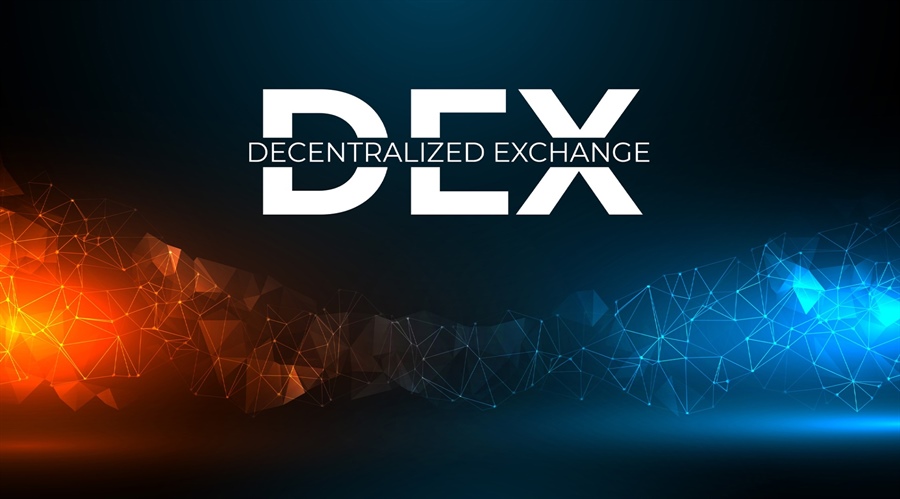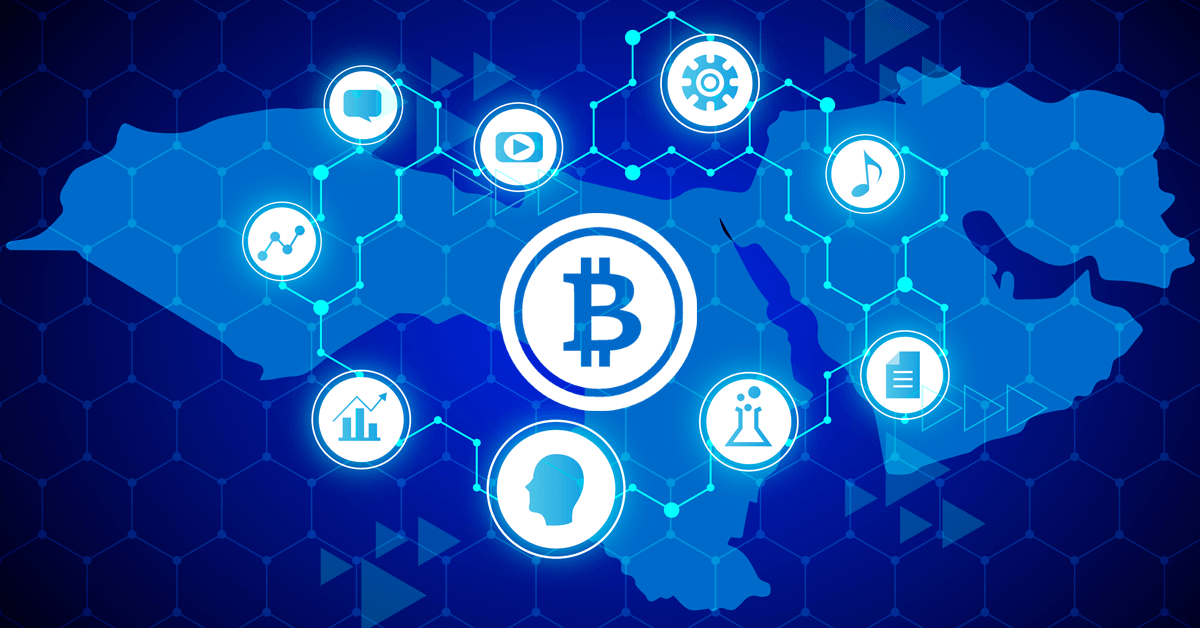What are the advantages of decentralized exchanges?
Decentralized exchanges have ushered in a new era of financial freedom and control. Their advantages, including enhanced security

Decentralized exchanges (DEXs) have emerged as a revolutionary force in the world of cryptocurrency and blockchain technology. These platforms facilitate the peer-to-peer exchange of digital assets without the need for intermediaries, such as traditional financial institutions. As the popularity of cryptocurrencies continues to rise, DEXs offer a range of advantages that make them an appealing choice for traders and investors. In this comprehensive guide, we will delve into the numerous benefits of decentralized exchanges and explore how they are shaping the future of trading.
The Rise of Decentralized Exchanges
A Brief Overview of Decentralized Exchanges
Decentralized exchanges, often referred to as DEXs, are online platforms that allow users to trade cryptocurrencies directly with one another without the need for an intermediary authority. Unlike centralized exchanges (CEXs), which act as intermediaries and custodians of user funds, DEXs operate on blockchain technology, utilizing smart contracts to facilitate and automate trading processes.
The Evolution of Crypto Trading
Since the inception of Bitcoin in 2009, the cryptocurrency ecosystem has witnessed significant growth. The rise of alternative cryptocurrencies (altcoins) and the development of blockchain technology have led to a diverse range of digital assets. As a result, the demand for secure, efficient, and accessible trading platforms has surged, paving the way for the emergence of DEXs.
Advantages of Decentralized Exchanges
Decentralized exchanges offer a multitude of advantages that have contributed to their increasing popularity among traders and investors. Let's explore these advantages in detail:
Security and Control
One of the primary advantages of DEXs is enhanced security. Users retain control of their private keys and funds, reducing the risk of exchange hacks or mismanagement. This empowers individuals to have full custody over their assets, aligning with the core principles of blockchain technology.
Elimination of Intermediaries
DEXs cut out intermediaries, such as banks or brokerage firms, from the trading process. This eliminates the need for trust in third parties and reduces the associated fees and delays.
Global Accessibility
DEXs are accessible to anyone with an internet connection, offering global access to a wide range of cryptocurrencies. Users can trade from anywhere in the world without geographic restrictions.
Enhanced Privacy decentralized exchanges
Traditional exchanges often require users to complete extensive KYC (Know Your Customer) procedures, compromising user privacy. DEXs, on the other hand, typically offer more privacy, allowing users to trade without revealing their identity.
Reduced Counterparty Risk
Smart contracts on DEXs automatically execute trades when predefined conditions are met. This reduces counterparty risk, as the execution of the trade is not dependent on the trustworthiness of a centralized entity.
Lower Trading Fees
DEXs generally have lower trading fees compared to centralized counterparts. Users can save significantly on fees, especially for high-frequency or large-volume trading.
Resistance to Censorship
Decentralized exchanges are resistant to censorship, as they are not controlled by a single entity or government. This makes them a valuable tool for users in regions with strict financial controls.
Transparency and Trust
Transactions on DEXs are recorded on a public blockchain, providing transparency and traceability. Users can verify transactions and ensure fair trading practices.
Smart Contract Integration
DEXs leverage smart contracts to automate trading processes. This integration allows for more complex trading strategies and opens the door to decentralized finance (DeFi) applications.
Liquidity and Market Depth decentralized exchanges
Many DEXs have attracted a substantial user base, resulting in liquidity and market depth comparable to centralized exchanges. This ensures that users can execute trades efficiently, even for less commonly traded assets.
Challenges and Concerns
While decentralized exchanges offer numerous advantages, they are not without challenges and concerns:
Scalability Issues
Some DEXs face scalability challenges, as the blockchain networks they operate on may experience congestion during periods of high demand. This can lead to slower transaction processing and increased fees.
User Experience decentralized exchanges
The user experience on DEXs can be less intuitive compared to centralized platforms, which often offer user-friendly interfaces. Improvements in user interfaces are essential for broader adoption.
Regulatory Uncertainty
The regulatory landscape for cryptocurrencies and DEXs varies by jurisdiction and is continually evolving. Navigating these regulations can be complex and may limit accessibility in certain regions.
Smart Contract Vulnerabilities
Smart contracts are not immune to vulnerabilities. Exploits or vulnerabilities in the code can lead to financial losses. It is crucial for DEX developers to conduct rigorous security audits and updates.
Prominent Decentralized Exchanges
Several decentralized exchanges have gained prominence in the cryptocurrency space. Here are some notable examples:
Uniswap
Uniswap is one of the most popular decentralized exchanges built on the Ethereum blockchain. It introduced the concept of automated market makers (AMMs) and has played a significant role in the DeFi ecosystem.
SushiSwap decentralized exchanges
SushiSwap is a decentralized exchange and yield farming platform that offers users opportunities to earn rewards through liquidity provision.
PancakeSwap
PancakeSwap operates on the Binance Smart Chain (BSC) and has gained popularity for its lower fees and faster transaction times compared to Ethereum-based DEXs.
1inch decentralized exchanges
1inch is a decentralized aggregator that sources liquidity from various DEXs to provide users with the best possible trading rates.
Curve Finance
Curve Finance specializes in stablecoin trading, offering low slippage and fees for users looking to trade stablecoins.
The Future of Decentralized Exchanges
The Role of DEXs in DeFi
Decentralized exchanges are at the forefront of the decentralized finance (DeFi) movement. They play a pivotal role in providing liquidity for various DeFi applications, including lending, borrowing, and yield farming.
Integration with Traditional Finance
As the regulatory landscape becomes clearer, DEXs have the potential to integrate with traditional finance systems. This could bridge the gap between the crypto and traditional financial worlds.
Regulatory Developments
Regulatory clarity and compliance efforts will shape the future of DEXs. Collaboration with regulators and adherence to legal requirements will be crucial for their sustainability.
Innovation and Evolution
DEXs will continue to innovate, addressing scalability issues, improving user interfaces, and enhancing security. New features and functionalities will attract a broader user base.
Empowering the Future of Trading
Decentralized exchanges have ushered in a new era of financial freedom and control. Their advantages, including enhanced security, reduced fees, and global accessibility, make them a compelling choice for traders and investors. While challenges remain, the ongoing development and integration of DEXs into the broader financial landscape signal a promising future. As the cryptocurrency ecosystem evolves, decentralized exchanges are poised to play a pivotal role in shaping the way we trade and interact with digital assets.
What's Your Reaction?



















.jpg)
